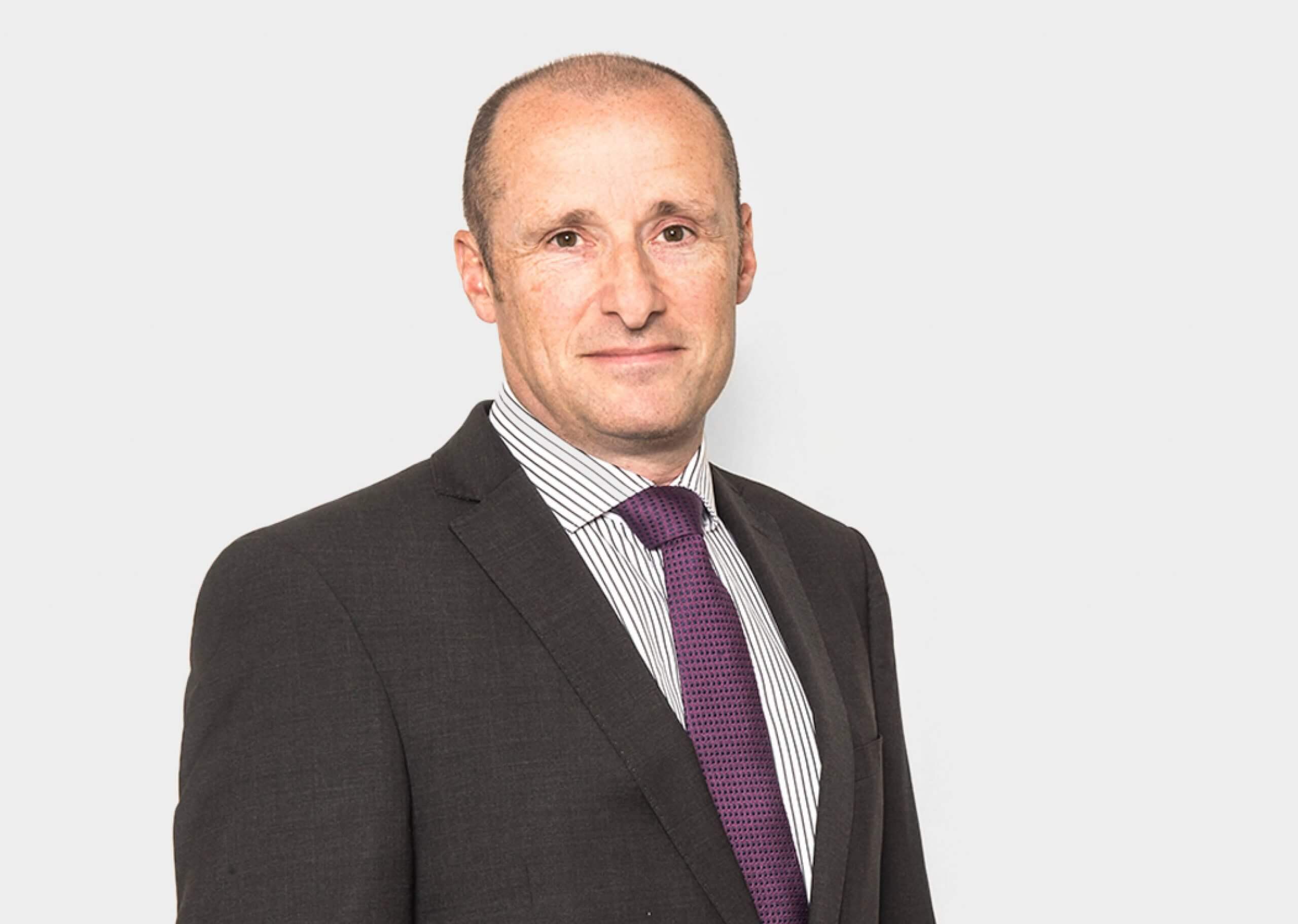First published in Construction Law Journal, Volume 37, Issue 4 2021.
In a recent article[1] the well-known and respected barrister Paul Darling QC gave this advice to disputants when selecting expert witnesses:
‘Get the best expert you can. He (or she) must be highly expert in relation to the issues upon which he has been asked to give an opinion. He must fully and properly understand the role of an independent expert, study the rules about giving expert evidence and be both willing and able to comply with them…Over the years I have seen some expert witness disasters…And I have seen some absolutely brilliant ones. Thorough, fair, balanced, courteous and assured and who did not put a foot wrong. At the risk of repetition, get the best expert you can, ensure he understands his role and complies with the rules and jealously guard his independence. He will be your best weapon.’
I could not agree more. And that is exactly the type of expert that a judge or arbitrator wants before them. I could stop there, but this would make for a very brief paper. Instead, I shall explore in more detail what is required of party-appointed quantum experts in particular, after first briefly considering the legal framework underpinning the above guidance.
When I first testified in court as an expert witness in the mid-1990s the oft-recited judgment relating to the duties of an expert witness, The Ikarian Reefer[2], had only recently been handed down. In that case, Mr. Justice Cresswell identified the following requirements[3]:
- Expert evidence should be and should be seen to be the independent product of the expert uninfluenced by the exigencies of litigation.
- An expert witness should provide independent assistance to the Court by way of objective unbiased opinion in relation to matters within his expertise and should never assume the role of advocate.
- An expert witness should state the facts or assumptions on which his opinion is based. He should not omit to consider material facts which detract from his concluded opinion.
- An expert witness should make it clear when a particular question or issue falls outside his expertise.
- If an expert’s opinion is not properly researched because he considers that insufficient data is available, then this must be stated with an indication that the opinion is no more than a provisional one.
- If after exchange of reports, an expert witness changes his view on a material matter such change of view should be communicated to the other side without delay and when appropriate to the Court.
- Where expert evidence refers to documents these must be provided to the opposite party at the same time as the exchange of reports.
These requirements have stood the test of time and remain valid. Recently, in ICI[4] Mr. Justice Fraser confirmed that:
“No expert should allow the necessary adherence to the principles in The Ikarian Reefer to be loosened.”
In England and Wales, the Civil Procedure Rules (“CPR”) Part 35 confirms[5] that it is the duty of experts to help the court on matters within their expertise and this duty overrides any obligation to the person from whom experts have received instructions or by whom they are paid. It also confirms that an expert’s report must comply with the requirements set out in Practice Direction 35 (‘PD35’), which broadly reflect the principles set out in The Ikarian Reefer[6]:
- Expert evidence should be the independent product of the expert uninfluenced by the pressures of litigation.
- Experts should assist the court by providing objective, unbiased opinions on matters within their expertise, and should not assume the role of an advocate.
- Experts should consider all material facts, including those which might detract from their opinions.
- Experts should make it clear: (a) when a question or issue falls outside their expertise and (b) when they are not able to reach a definite opinion, for example because they have insufficient information.
- If, after producing a report, an expert’s view changes on any material matter, such change of view should be communicated to all the parties without delay, and when appropriate to the court.
Many (but not all) jurisdictions have similar standards. Unfortunately, however, too many cases are still being reported in which experts have fallen below the required standard. There are likely to be many more examples in arbitration awards which, for reasons of confidentiality, remain outside of the public domain.
The declarations and statements of truth required of expert reports filed in the Civil Courts of England and Wales[7] have changed over the years in an attempt to focus the minds of experts (and those instructing them) of their duties, with the aim of improving the quality of expert opinion evidence before the courts. The most recent change to PD35—which took effect on 1 October 2020—illustrates just how seriously the issue is being taken. Experts are now required to include the following at the end of their statement of truth:
“I understand that proceedings for contempt of court may be brought against anyone who makes, or causes to be made, a false statement in a document verified by a statement of truth without an honest belief in its truth.”
Only time will tell if this latest requirement results in a lower number of experts who are subject to judicial criticism in the courts of England and Wales, although it certainly ought to focus the mind of any expert who may be tempted to depart from the required standards.
With that background I shall now explore in more detail what a court or tribunal wants from party-appointed expert witnesses and quantum experts in particular, based on relevant authorities and my experiences, under the following sub-headings:
- Independence and compliance with ‘the rules’.
- Relationship with instructing party.
- Parity of instructions.
- Access to the same information.
- Addressing the cases of both parties.
- Dealing with disputed fact or law.
- Joint statements and the narrowing of issues.
- Sampling.
- General attributes.
Independence and compliance with ‘the rules’
The primary requirement of a court or tribunal must be for the expert to comply with the applicable rules and, crucially, provide independent opinion evidence. In the Civil Justice Council’s ‘Guidance for the instruction of experts in civil claims’, it states that[8]:
“A useful test of ‘independence’ is that the expert would express the same opinion if given the same instructions by another party. Experts should not take it upon themselves to promote the point of view of the party instructing them or engage in the role of advocates or mediators.”
Expert evidence which falls below the standard required is of no assistance to a judge or arbitrator, and ultimately it is of no assistance to the appointing party.
Let us look at a few extreme cases—or ‘disasters’ Mr. Darling QC bluntly puts it.
Just two years after the judgment in The Ikarian Reefer Mr. Justice Laddie handed down his judgment in Cala Homes[9], in which he referred to an article that had previously been published by an expert instructed by one of the parties, in which he wrote:
“…the man who works the Three Card Trick is not cheating, nor does he incur any moral opprobrium, when he uses his sleight of hand to deceive the eye of the innocent rustic and to deny him the information he needs for a correct appraisal of what has gone on. The rustic does not have to join in: but if he chooses to he is ‘fair game’. If by an analogous ‘sleight of mind’ an expert witness is able so to present the data that they seem to suggest an interpretation favourable to the side instructing him, that is, it seems to me, within the rules of our particular game, even if it means playing down or omitting some material consideration. ‘Celatio veri’ is, as the maxim has it, ‘suggestio falsi’, and concealing what is true does indeed suggest what is false; but it is no more than a suggestion, just as the Three Card Trick was only a suggestion about the data, not an outright misrepresentation of them…”
Suffice to say the judge did not accept that expert’s interpretation of the rules, or his evidence.
If you require any further information, please contact Mark Dixon at markdixon@hka.com
[1] ‘Experts – Triumph or Disaster?’ (https://pauldarlingqc.co.uk/fourth-article-experts-triumph-or-disaster/)
[2] National Justice Compania Naviera SA v Prudential Assurance Company Ltd (‘The Ikarian Reefer’) [1993] (No.1) 2 Lloyd’s Rep 68
[3] At 81
[4] Imperial Chemical Industries Limited v Merit Merrell Technology Limited (No. 2 Quantum) [2018] EWHC 1577 (TCC) (at 237)
[5] Part 35.3
[6] Practice Direction 35 [2[ (‘Expert Evidence – General Requirements’)
[7] Practice Direction 35 [3] (‘Form and Content of an Expert’s Report’)
[8] At 11
[9] Cala Homes (South) Ltd and Ors v Alfred McAlpine Homes East Limited [1995] EWHC 7 (Ch)







